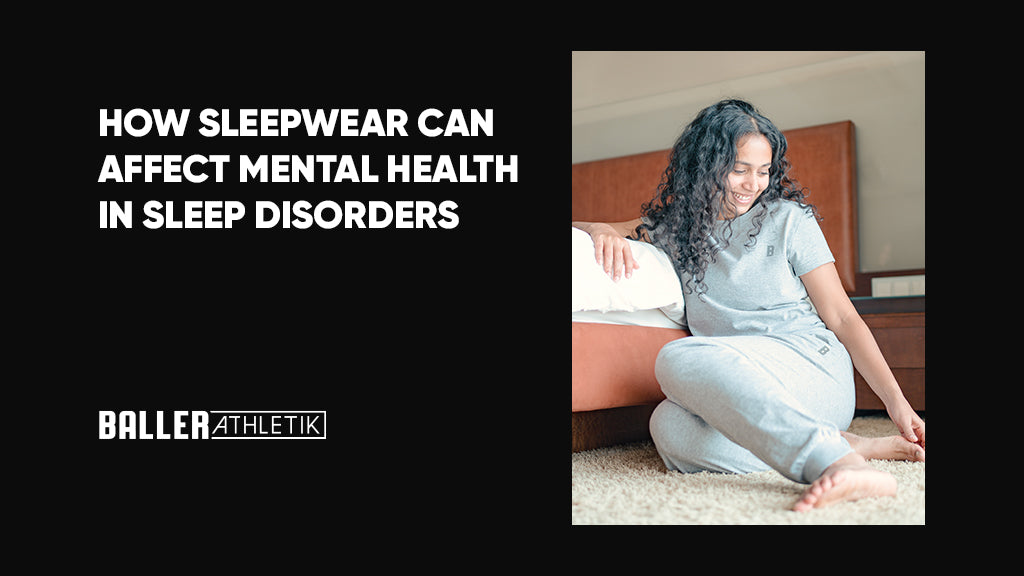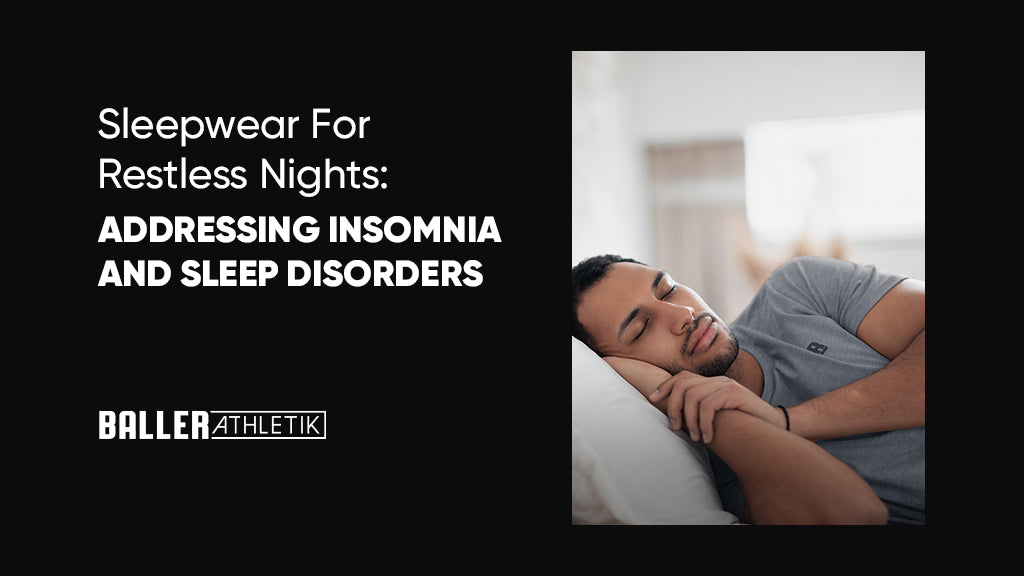In today's fast-paced and demanding work environment, achieving optimal productivity can often feel like a daunting task. However, what if I told you that one of the key factors in boosting employee productivity is as simple as getting a good night's sleep? Yes, you read that right. Sleep plays a crucial role in our daily performance, and in this article, we will explore the fascinating connection between sleep and employee productivity.
Understanding the Importance of Sleep
Sleep is a fundamental human need that allows our bodies and minds to recharge and rejuvenate. It is during sleep that our body repairs itself and consolidates memories, both of which are vital for optimal functioning. Yet, despite its significance, many individuals fail to prioritize their sleep, leading to a multitude of negative consequences.
The Science Behind Sleep
Scientists have extensively studied the mechanisms that govern our sleep patterns. The sleep-wake cycle, also known as the circadian rhythm, is regulated by the internal body clock. This clock helps us maintain a consistent sleep schedule by responding to external cues, such as daylight and darkness.
But did you know that our sleep patterns can also be influenced by other factors? For example, our age plays a role in determining how much sleep we need. Infants require around 14-17 hours of sleep per day, while adults typically need 7-9 hours. Additionally, our genetics can impact our sleep patterns. Some individuals are genetically predisposed to being "night owls" or "morning larks," meaning they naturally prefer staying up late or waking up early.
Sleep and Health: A Closer Look
Moreover, the impact of sleep on our overall health cannot be overlooked. Chronic sleep deprivation has been linked to a myriad of health problems, including obesity, heart disease, and diabetes. It can weaken our immune system, making us more susceptible to illnesses, and adversely affect our mental health, leading to increased stress, anxiety, and depression.
But how exactly does lack of sleep contribute to these health issues? Well, when we don't get enough sleep, our body's hormonal balance is disrupted. This can lead to increased levels of the hormone ghrelin, which stimulates appetite, and decreased levels of the hormone leptin, which signals feelings of fullness. As a result, sleep-deprived individuals often experience cravings for high-calorie, unhealthy foods, leading to weight gain and an increased risk of obesity.
Furthermore, inadequate sleep can have a negative impact on our cardiovascular system. It has been found that chronic sleep deprivation is associated with higher blood pressure and an increased risk of heart disease. This is because, during sleep, our blood pressure naturally decreases, giving our heart a chance to rest. When we consistently fail to get enough sleep, our blood pressure remains elevated, putting strain on our heart and increasing the likelihood of cardiovascular problems.
In addition to physical health, sleep also plays a crucial role in our mental well-being. Lack of sleep can impair cognitive function, making it difficult to concentrate, remember information, and make decisions. It can also contribute to mood disorders such as anxiety and depression. Sleep is essential for the brain to process emotions and regulate mood, so when we don't get enough sleep, our emotional well-being can suffer.
It's important to note that the negative effects of sleep deprivation are not limited to adults. Children and teenagers who do not get enough sleep may experience difficulties in school, including poor academic performance and behavioural problems. Sleep is crucial for their growth and development, as it supports brain maturation and learning processes.
Sleep is not just a luxury but a necessity for our overall well-being. It is a complex process influenced by various factors, including our internal body clock, age, and genetics. Neglecting sleep can have serious consequences on our physical and mental health, affecting everything from our weight to our cardiovascular system and cognitive function. Prioritizing sleep is essential for leading a healthy and fulfilling life.
The Impact of Sleep on Employee Productivity
Now that we understand the crucial role of sleep in our well-being, let's delve into how it directly affects employee productivity.
Sleep is not just a luxury; it is a fundamental biological need that plays a significant role in our cognitive functions and overall health. When we deprive ourselves of adequate sleep, it significantly impairs our cognitive abilities, such as attention, memory, and problem-solving skills. We become more prone to errors, have difficulty concentrating, and experience a decline in overall cognitive performance. As a result, our work productivity suffers.
Imagine a scenario where an employee, due to sleep deprivation, struggles to stay focused during a crucial meeting. Their mind wanders, and they miss important details and instructions. This lack of attention and concentration can lead to misunderstandings, delays, and even costly mistakes. Sleep deprivation not only affects the individual's performance but also has a ripple effect on the entire team and organization.
The Role of Sleep in Cognitive Functions
Research has shown that sleep plays a vital role in consolidating newly acquired information and enhancing our learning capacities. Adequate sleep promotes creativity, critical thinking, and decision-making abilities, all of which are essential skills in a productive work environment.
During sleep, our brain processes and organizes the information we have gathered throughout the day. It strengthens the neural connections related to learning and memory, making it easier for us to recall and utilize that information when needed. This consolidation process is crucial for employees who need to absorb and retain large amounts of information, such as new procedures, industry trends, or client details.
Moreover, sleep is not just about quantity but also quality. Deep sleep, also known as slow-wave sleep, is particularly important for memory consolidation. It is during this stage that our brain replays and reinforces the neural pathways associated with the information we have learned. Without sufficient deep sleep, our ability to retain and apply knowledge may be compromised.
Furthermore, sleep deprivation affects our emotional regulation, which can have a significant impact on our work interactions and relationships. When we are sleep-deprived, we are more likely to experience mood swings, irritability, and decreased empathy. This can lead to conflicts, misunderstandings, and a negative work environment, ultimately hampering productivity and collaboration.
Considering the importance of sleep in cognitive functions, employers should prioritize creating a sleep-friendly work environment. This can include providing flexible work schedules, promoting a healthy work-life balance, and educating employees about the importance of sleep hygiene.
In conclusion, sleep deprivation not only affects our well-being but also has a direct impact on employee productivity. By recognizing the crucial role of sleep in cognitive functions and taking steps to promote healthy sleep habits, employers can enhance the overall performance and well-being of their workforce.
The Sleep-Productivity Cycle
Understanding the intricate relationship between sleep and productivity is crucial in developing strategies to optimize both aspects of our lives.
Did you know that sleep has a direct impact on our brain's ability to function optimally? When we get sufficient sleep, our brain is able to process information more efficiently, allowing us to be more focused, alert, and efficient at our tasks. This means that a good night's sleep can actually enhance our productivity levels.
But how exactly does good sleep enhance productivity? Well, it all comes down to our brain's ability to function at its best. When we are well-rested, our brain is able to process information more quickly and accurately. This means that we can tackle challenges and solve problems effectively, without feeling overwhelmed or mentally drained.
Not only does good sleep enhance our cognitive abilities, but it also has a positive impact on our motivation levels. When we are well-rested, we have the energy and drive to take on new tasks and challenges. This increased motivation can lead to higher levels of productivity, as we are more likely to stay focused and committed to our work.
Another interesting aspect of the sleep-productivity cycle is the impact of sleep on our mood. Have you ever noticed how a lack of sleep can make you feel irritable and moody? Well, it turns out that there is a scientific explanation for this. When we don't get enough sleep, our brain's emotional regulation processes are disrupted, leading to increased irritability and mood swings. On the other hand, when we get sufficient sleep, our mood tends to be more stable and positive. This can have a significant impact on our interpersonal relationships and teamwork, as we are more likely to be patient, understanding, and cooperative with others.
The Vicious Cycle of Poor Sleep and Low Productivity
Conversely, the lack of sleep creates a vicious cycle. Poor sleep quality and duration lead to decreased productivity, resulting in increased stress and anxiety. These negative emotions further disrupt our sleep patterns, perpetuating the cycle of sleep deprivation and low productivity.
It's important to recognize that poor sleep not only affects our productivity levels, but it also has a negative impact on our overall well-being. When we don't get enough sleep, our bodies and minds suffer. We may experience physical symptoms such as fatigue, headaches, and a weakened immune system. Mentally, we may struggle with poor concentration, memory problems, and difficulty making decisions.
Furthermore, the lack of sleep can also affect our emotional well-being. Studies have shown that sleep deprivation can lead to increased levels of stress, anxiety, and even depression. This can have a significant impact on our mental health, making it even more challenging to maintain high levels of productivity.
So, as you can see, the sleep-productivity cycle is a complex and interconnected system. Good sleep enhances productivity, while poor sleep leads to decreased productivity and a range of negative consequences. It's important to prioritize sleep and develop healthy sleep habits in order to optimize both our productivity and overall well-being.
Strategies for Promoting Better Sleep
Now that we comprehend the invaluable connection between sleep and productivity, let's explore practical strategies to promote better sleep in the workplace.
Creating a Sleep-Friendly Environment
Optimize the physical workspace by ensuring comfortable temperatures, minimizing noise, and providing suitable lighting. Encourage employees to personalize their workstations to create a sense of ownership and comfort.
The Role of Employers in Promoting Sleep
Employers can foster a sleep-supportive culture by fostering a healthy work-life balance, allowing flexible work schedules, and encouraging employees to take adequate breaks. Training programs on sleep hygiene and stress management can also be beneficial.
The Future of Sleep and Productivity
As our understanding of sleep continues to advance, so does our ability to harness its potential for improved employee productivity.
Innovations in Sleep Science
Researchers are exploring innovative technologies and interventions to enhance sleep quality and address sleep disorders. From wearable devices that track sleep patterns to personalized sleep therapies, these advancements hold great promise in optimizing sleep and, subsequently, productivity.
Shaping the Future Workforce: Sleep and Productivity
As we recognize the undeniable connection between sleep and productivity, employers are beginning to prioritize the well-being of their employees. Forward-thinking organizations are implementing sleep wellness programs, providing sleep education and resources, and actively promoting a healthy work-life balance.
Baller Athletik Sleepwear
In the realm of fostering optimal productivity, Baller Athletik Sleepwear emerges as a key player, recognising the profound link between quality sleep and employee performance. Crafted with comfort in mind, Baller Athletik's sleepwear ensures a restful night's sleep, contributing to enhanced well-being and focus during working hours. Understanding the pivotal connection between quality rest and productivity, these sleepwear designs offer a blend of style and functionality. By prioritising sleep, employees can recharge in Baller Athletik's premium sleepwear, promoting a more energised and productive workday.
In conclusion, a good night's sleep is not just an indulgence; it is a powerful asset in achieving optimal employee productivity. By understanding the importance of sleep, recognizing its impact on our work performance, and implementing strategies to promote better sleep, we can unlock the full potential of our workforce. As we move forward, let us embrace the symbiotic relationship between sleep and productivity and create a workplace culture that truly values the well-being of its employees.




